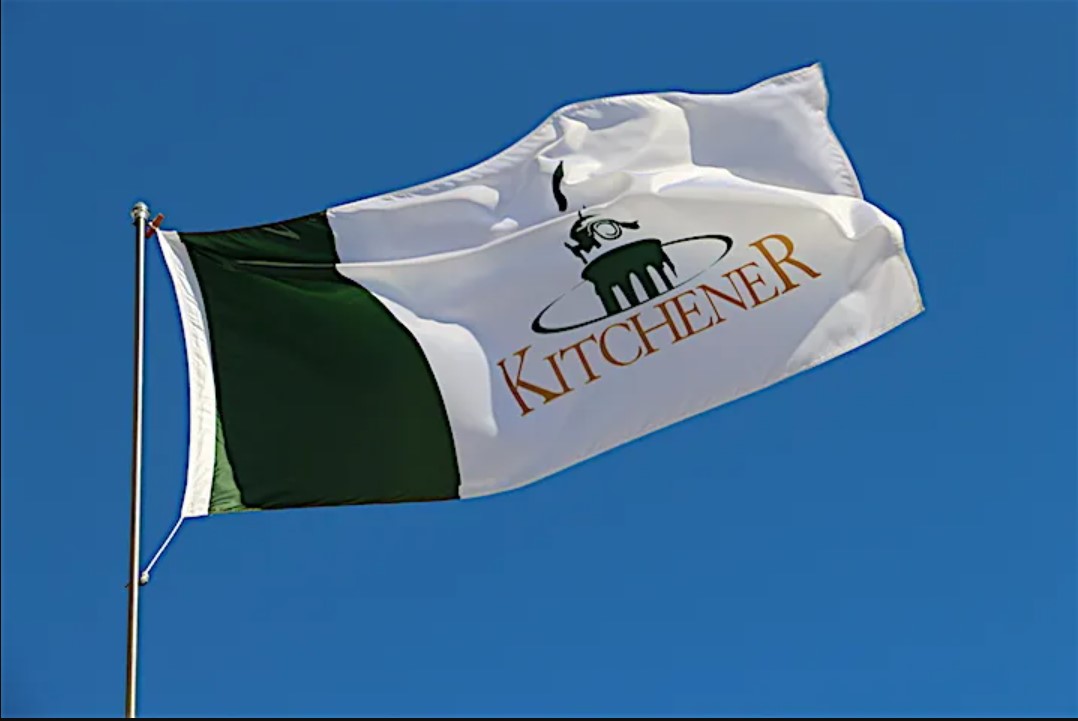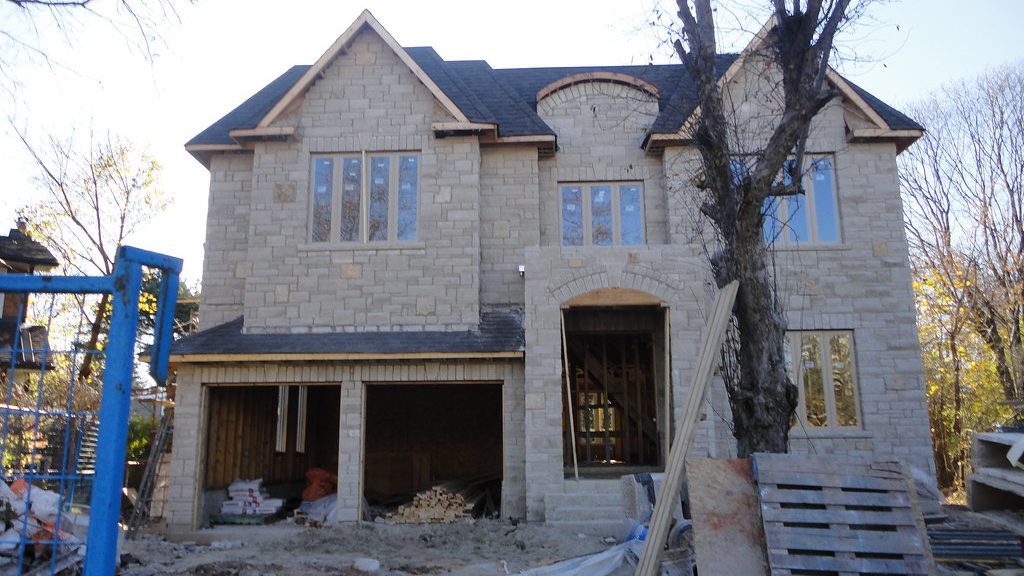Charlene Hudy has a simple message for Canadians worried about the possibility of a strike by Air Canada pilots next week: She doesn’t want one either.
“I don’t want to be here. I wish I were being interviewed about a deal we’d just agreed to, instead of opening up a strike centre,” said Hudy, a first officer at Air Canada, who’s also chair of the Air Line Pilot Association division representing pilots at the country’s biggest airline.
As of 12:01 a.m. Wednesday, Hudy and her colleagues will be in a legal strike position. While there’s been some progress at the bargaining table during the last 15 months, there’s still a substantial gap, especially on the sticky issue of wages, Hudy said.
“We still need to see some significant moves from Air Canada at the table to get to a deal that is really worthy of the pilot group’s consideration,” said Hudy in an interview with the Star in an ALPA office, while her colleagues ran a phone bank speaking to Air Canada pilots around the world about logistics if there’s a strike or the airline locks them out.
Federal labour minister Steve MacKinnon met separately with each side Thursday, and called on them to reach a deal.
“There’s no reason why these parties can’t work together and get a deal done,” MacKinnon posted on X, the platform formerly known as Twitter.
A chart provided by the union shows some eye-popping wage differences across the border, with U.S. pilots making more than double than their Air Canada counterparts in some categories. Even in categories where there’s less of a gap, it’s still substantial: For captains with 12 years experience flying Boeing 777s, pilots at United, Delta and American Airlines make 76 per cent more in salary than their Air Canada counterparts.
The pay gap — if not closed or at least narrowed substantially, risks costing Air Canada some of its pilots, said industry expert John Gradek.
“These guys have tens of thousands of hours worth of experience. There is no shortage of jobs for pilots in the U.S. They have a ticket to ride,” said Gradek, a former Air Canada executive and head of McGill University’s Global Aviation Leadership Program.
Gradek estimated that U.S. pilots flying a 777 make $450,000 (U.S.), while their Air Canada counterparts make $500,000 in Canadian currency.
In an email to the Star, Air Canada spokesperson Peter Fitzpatrick confirmed that wages are still a significant sticking point, but argued that comparing salaries in two countries isn’t appropriate
“Although we have made progress on many issues in the talks since they began, some still remain, such as compensation,” said Fitzpatrick, adding that the airline hadn’t yet cancelled any flights in anticipation of a work stoppage.
“It does not make sense to base compensation discussions solely on the situation in another country, and that has never been the basis of wage negotiations in Canada.”
He also pointed to a company document which said the airline’s pilots earned on average between $215,075 and $351,958 in 2023, depending upon which kind of plane they fly.
While the union is in a legal strike position as of Wednesday, it would still need to give the airline 72 hours notice if it intends to go ahead with the strike. The airline could also lock its employees out with 72 hours notice, but has said it could cancel some flights even before that notification is given, in order to reduce the number of planes and passengers stuck around the world.
Business lobby groups called on MacKinnon to refer the two sides to the Canada Industrial Relations Board for binding arbitration, arguing that a strike or lockout would damage the economy, especially coming on the heels of a strike at CPKC and CN Rail.
“Canada cannot afford another major disruption to its transportation network. A labour disruption at Air Canada would ripple through our economy, from tourism to critical supply chains. The federal government must be prepared to intervene if necessary,” said Goldy Hyder, president and CEO of the Business Council of Canada.
That rail strike was ended when MacKinnon referred the two sides to the CIRB for binding arbitration, citing Section 107 of the Canada Labour Code. The CIRB agreed, sparking heavy criticism from unions across the country, and a legal challenge by the rail workers.
Hudy warned that government intervention would be a mistake, and that interventions in previous strikes, including the rail dispute, send a message to companies that they don’t have to come up with their best offer.
“if Air Canada and other corporations in Canada feel that the government is going to interfere or help them out when things get hard at the bargaining table, what incentivizes them to put their best foot forward at the bargaining table?,” said Hudy, adding that Air Canada’s pilots are leery of repeating the pattern set in 2012, when the government ordered arbitration, which resulted in a ten-year contract.
“The Air Canada pilots have a history of government interference in free and open collective bargaining. And we’re still suffering some of the repercussions from … 2012,” said Hudy.
Settlements from binding arbitration can be counter-productive for both sides, and creates lingering bad blood, Hudy argued.
McMaster University labour relations professor Stephanie Ross blasted the request by business organizations for the government to intervene.
“What we’re seeing right now is that workers have rights on paper until they inconvenience business,” said Ross. “Do we actually believe that workers should have rights to shape their wages and working conditions, or not?”
MacKinnon also seemed to pour cold water on the idea of referring the dispute to the CIRB, as it did in the twin railway shutdowns in August.
“What I would say are there are significant differences between those two situations and leave it at that.”
With files from The Canadian Press



